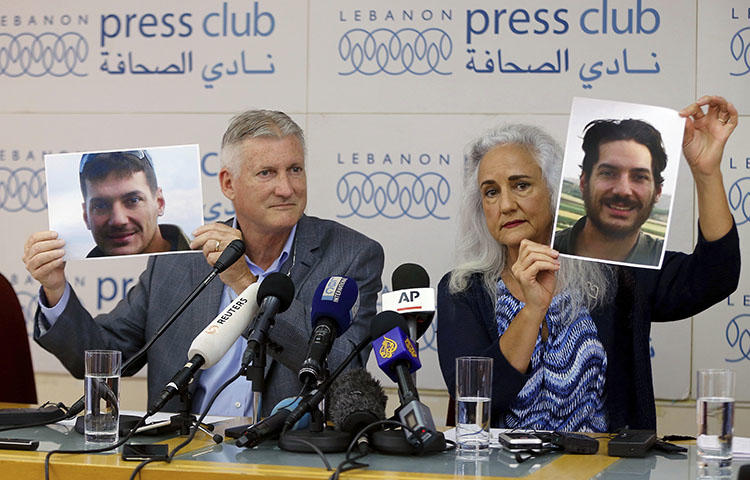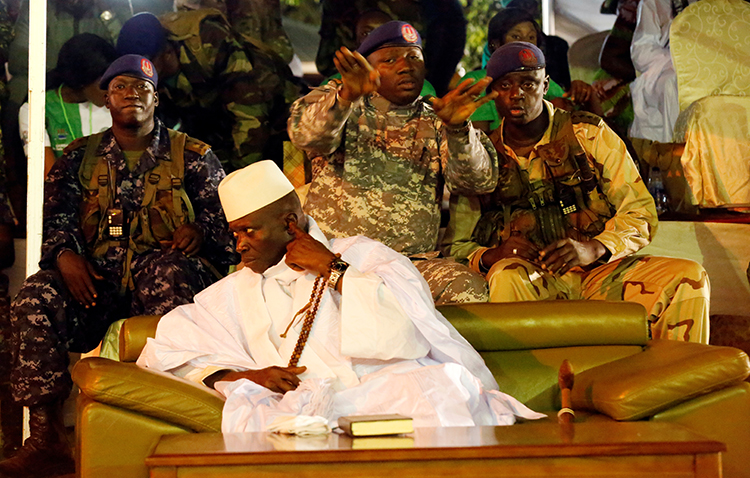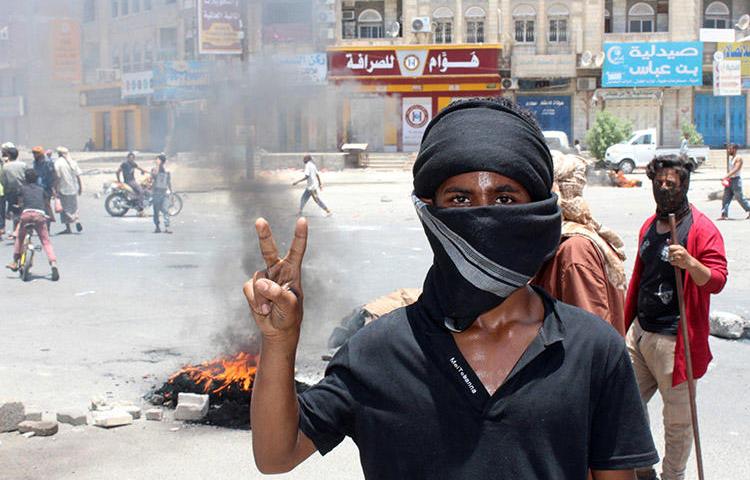
Journalists in Yemen under attack from all sides as rival forces crack down on critics
In its report released late last month, the U.N. Human Rights Council found that all groups involved in the Yemen conflict–from the government-controlled south, with its militias propped up by the UAE-led coalition and loyal to the secessionist Southern Transitional Council, and areas held by the rebel Ansar Allah or Houthi movement–were responsible for widespread…

Covering LGBTQ issues brings risk of threats and retaliation for journalists and their sources
To mark the annual International Day Against Homophobia, Transphobia and Biphobia, CPJ spoke with journalists and news outlets based in Argentina, Iran, Indonesia, the U.S., Uganda, and Russia, about the challenges they face reporting on LGBTQ issues.
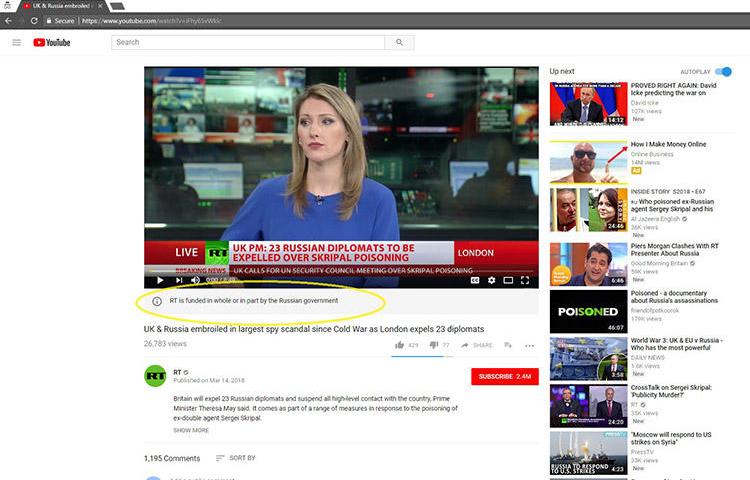
YouTube labels on public broadcasters draw ire in US, Russia
With claims to more than one billion users consuming content in 76 languages, Google’s YouTube has become a core part of most media outlets’ dissemination strategy. And although there are 88 localized versions of the service, YouTube.com remains the largest and most influential platform for reaching a global audience. Which is why, when the site…
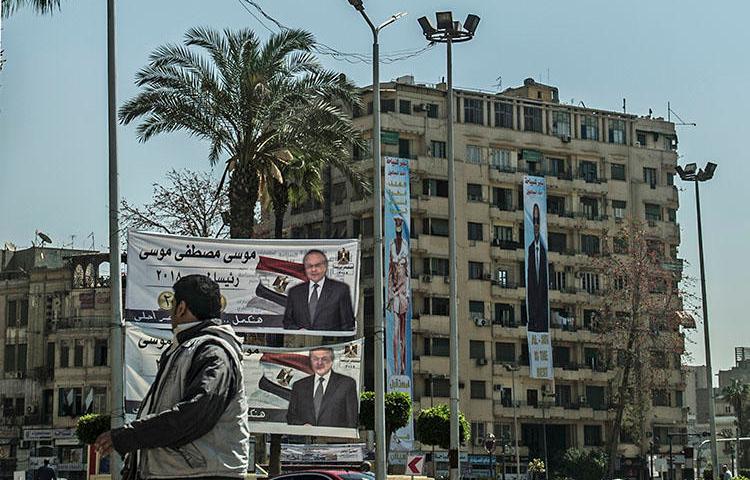
Censorship tightens in Egypt as el-Sisi prepares for re-election bid
Ahead of elections in Egypt later this month, in which President Abdel Fattah el-Sisi is seeking a second term, the authoritarian leader’s government has further clamped down on press freedom, issuing warnings to the media and arresting critical journalists on “false news” charges. Even satirical TV shows have not been spared, with AFP reporting how…

Changes to Jordan’s hate speech law could further stifle press freedom
Recently proposed amendments to Jordan’s 2015 cybercrime law, including a vague and broad definition of hate speech, will further stifle press freedom on the pretext of protecting the country’s citizens, and could result in further self-censorship, several Jordanian journalists told CPJ.
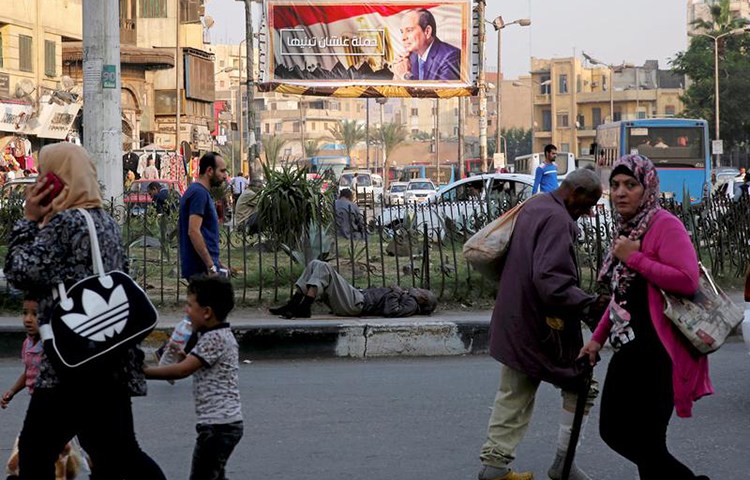
Ahead of March elections, Egypt extends state of emergency and tightens censorship
The New York Times reported this week that Egypt ordered a criminal investigation into the paper over its report alleging that an intelligence officer told several TV hosts they should persuade viewers to accept President Donald Trump’s decision to recognize Jerusalem as Israel’s capital. The investigation comes in the same week that Egypt’s parliament voted…
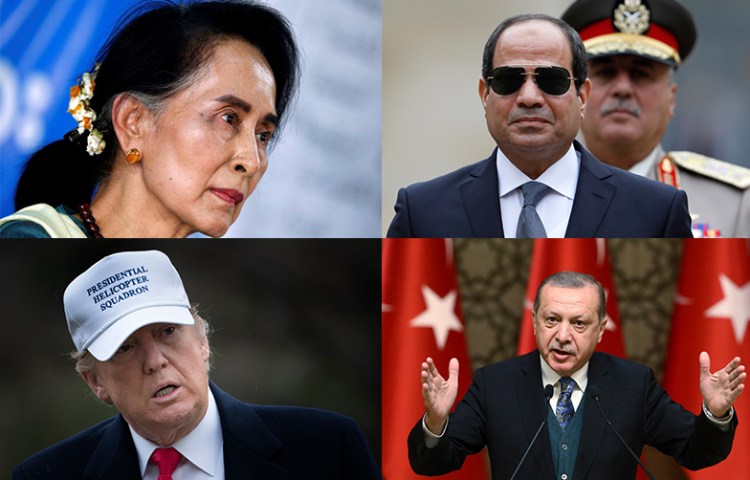
In response to Trump’s fake news awards, CPJ announces Press Oppressors awards
Amid the public discourse of fake news and President Trump’s announcement via Twitter about his planned “fake news” awards ceremony, CPJ is recognizing world leaders who have gone out of their way to attack the press and undermine the norms that support freedom of the media. From an unparalleled fear of their critics and the…
